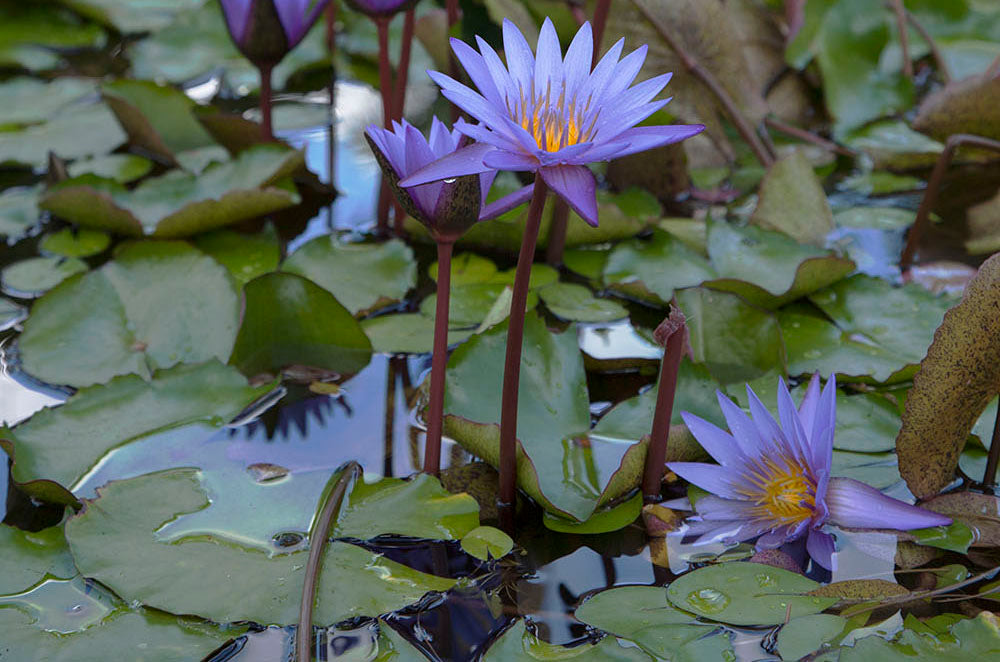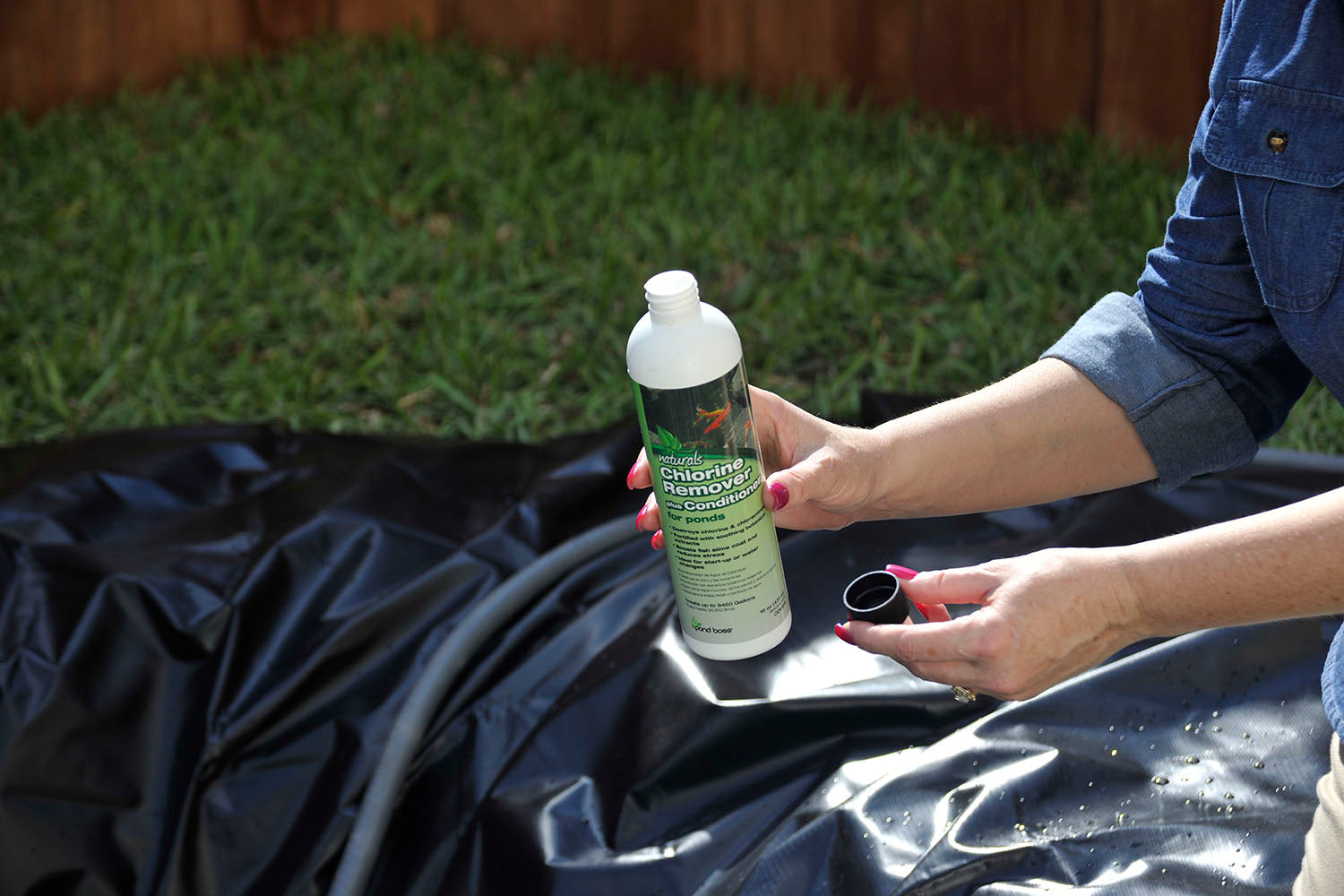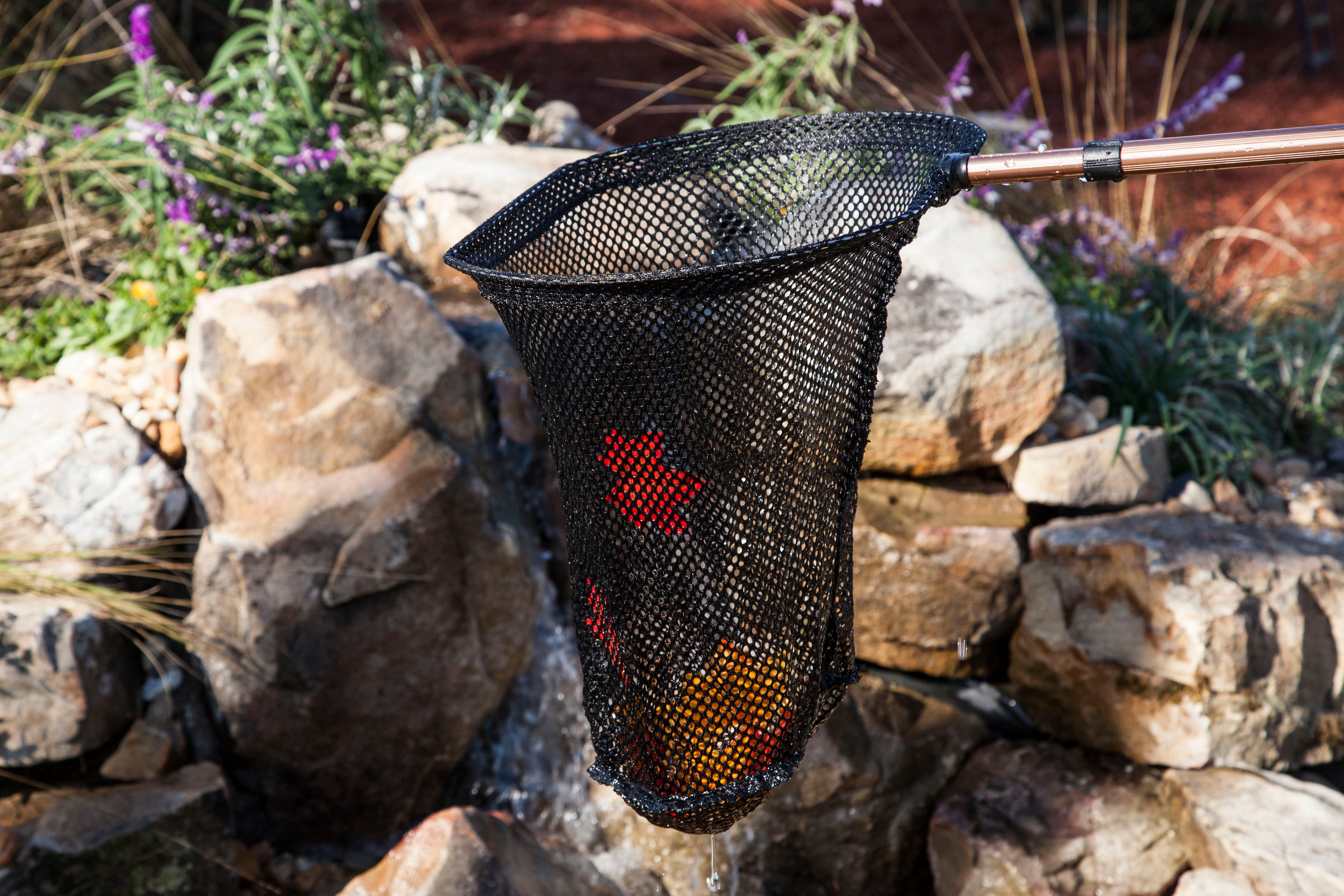
Pros and Cons of the Best Pond Plants
Pond plants are a great addition to virtually any pond. They can add color, depth, and can even cut down on your pond maintenance! Choosing the right plants for your pond can be tricky, however. It will depend a lot on your individual tastes and what you are trying to do by adding the plant.
Benefits to Adding Pond Plants
Your pond plants play an important role in your pond’s ecosystem. They act as a biological filter by removing harmful chemicals from the pond. They also provide oxygen to the pond water, which is valuable to fish and other wildlife. This extra oxygen and filtration decrease the amount of stress to your pond wildlife, making your entire pond much happier and healthier.
Even though pond plants act as a filter, it is important to keep in mind that they cannot do their job alone. Pond pumps, filtration systems, and aerators all help plants filter and provide oxygen.
How to Choose the Right Plants for Your Pond
Many plant choices will come down to individual taste. However, you should also choose a pond plant based on its functionality. There are four basic types of pond plants and each one has its own benefits and drawbacks.
- Submerged Plants. These plants are completely under water. They make great hiding spots for fish and act as natural filters with little to no maintenance. However, they will not add a visual punch to your pond.
- Marginal or Bog Plants. If you are looking to brighten up your pond, a marginal or bog plant might be a good addition. These will grow in the shallow water of the pond or along the edges, and still, help filter the water. These may need additional care to thrive.
- Deep Water Plants. This plant type includes the well-known Water Lily and Lotus plants. These plants have long root systems that reach the bottom of your pond. They do not do as well with filtration, but they provide shade and a traditional pond look.
- Floating Plants. These plants actually do float, with short roots that act as great filters. They are easy to care for and have many of the same advantages as the deep water plants. Some will even flower!


